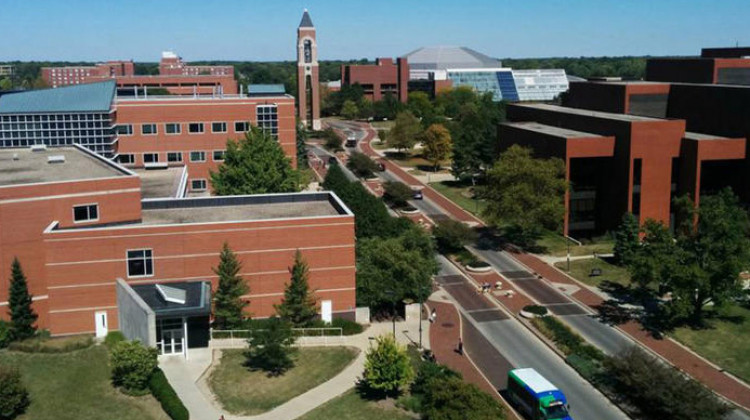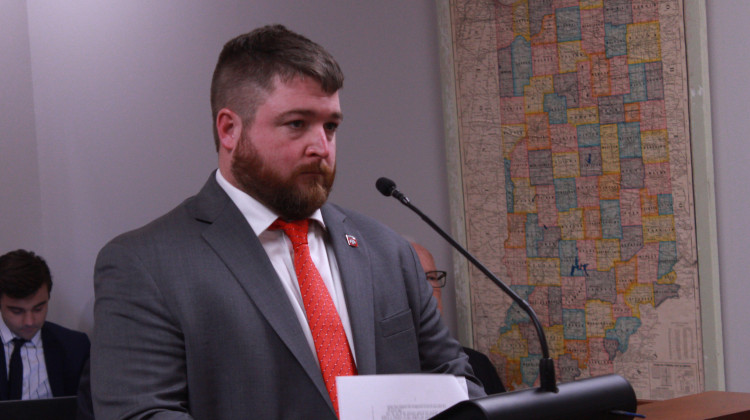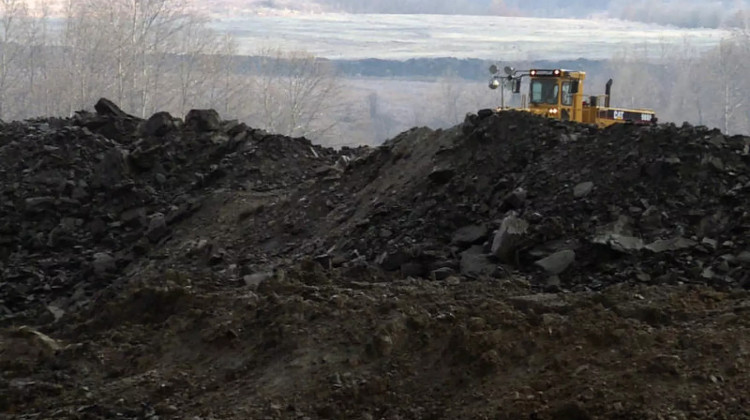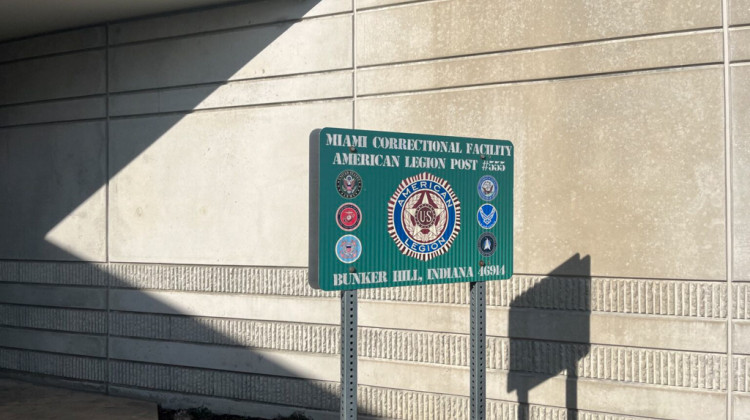House Bill 1191 would now allow universities to put policies in place to make their buildings greener, but cities still wouldn’t be able to do so.
The bill as a whole prevents cities from banning natural gas and less energy efficient materials when constructing a new home or a building. Climate activists and some other groups were glad similar language that applied to colleges and universities was cut out of the bill, but many groups are still opposed.
The proposal was authored by home builder and lawmaker Rep. Jim Pressel (R-Rolling Prairie). He said going green drives up the cost of home prices and that home buyers should have a choice in what kind of energy they use.
“My customers want gas — they do. They want gas-fired barbecues, they want gas lights, they want that choice," he said.
Cities in states like California, Ohio, and Massachusetts have passed ordinances banning natural gas in new buildings because of climate concerns.
READ MORE: Bill Would Prevent Local Bans On Gas Stoves, Equipment In New Buildings In Indiana
Joe Yount with the American Institute of Architects in Indiana. He said not allowing cities like Indianapolis to require energy efficiency could make it more difficult to reduce greenhouse gas emissions and reach climate goals.
“If one of their goals is sustainability and sending a message to Fortune 500 companies that 'we’re supportive of your goals here' — their standard for LEED certification can do that," Yount said.
Pressel’s bill made it out of committee and now moves on to the full Senate for consideration.
Contact reporter Rebecca at rthiele@iu.edu or follow her on Twitter at @beckythiele.
Indiana Environmental reporting is supported by the Environmental Resilience Institute, an Indiana University Grand Challenge project developing Indiana-specific projections and informed responses to problems of environmental change.
 DONATE
DONATE







 Support WFYI. We can't do it without you.
Support WFYI. We can't do it without you.